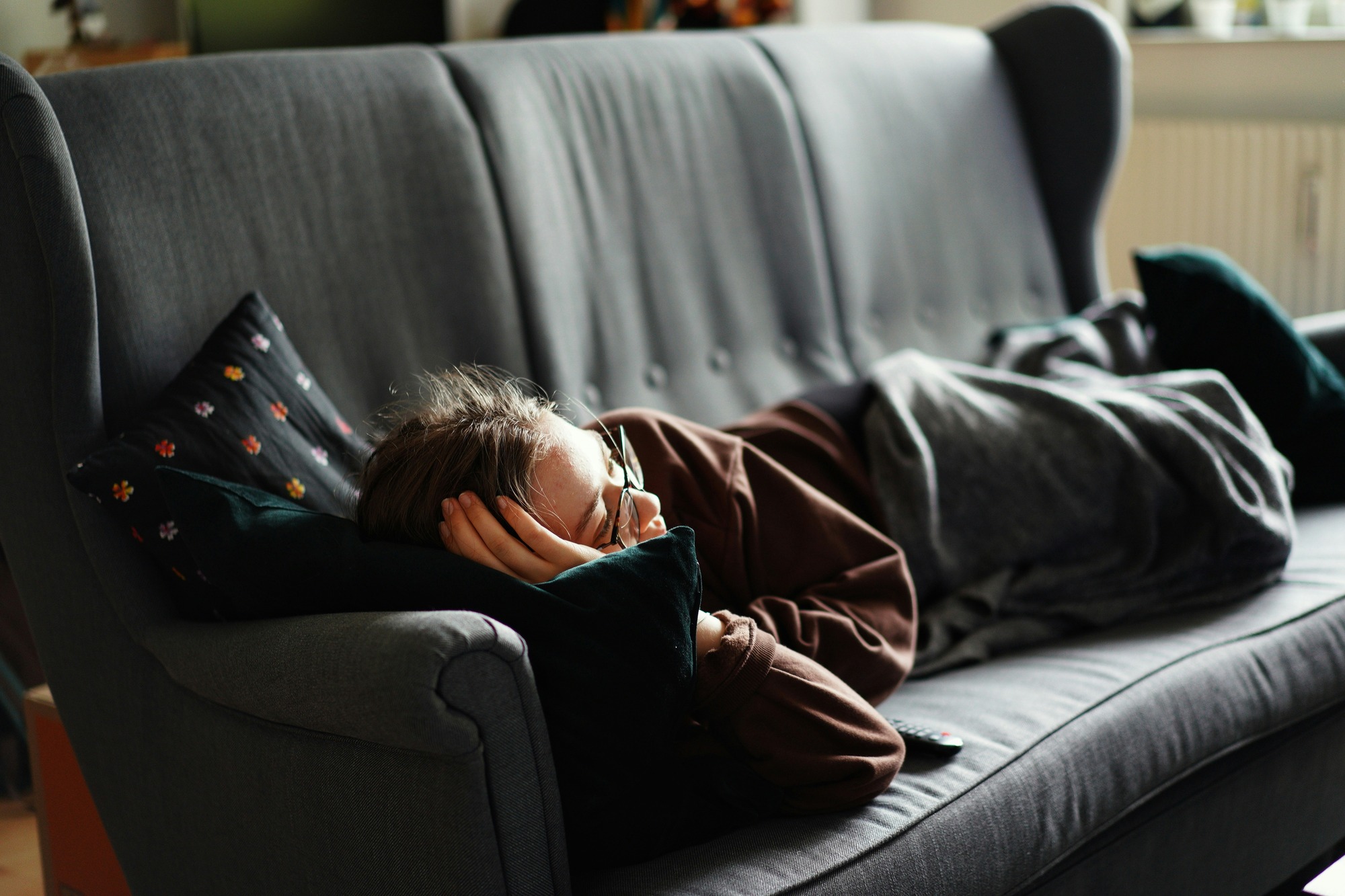Mental health days have become a widely accepted form of self-care in our culture. They’re often encouraged as a way to pause, reset, and recharge, especially in response to the rising levels of stress, burnout, and emotional exhaustion many of us are facing. But a question is starting to surface in more honest conversations: do mental health days actually help, or are we just pressing pause on an inevitable breakdown?
While the intent behind them is well-meaning, the way we use mental health days might be shaping how effective they actually are.
The Rise of the Mental Health Day
Once a rare concept, mental health days are now part of many company wellness policies, school attendance codes, and personal routines. Some U.S. states, like Oregon, have even passed laws allowing students to take them, acknowledging emotional wellness as a valid reason for rest. In theory, this is a huge win for mental health advocacy and awareness.
And in practice? Sometimes, it works exactly the way it should. Taking a day off when you’re feeling overwhelmed or on edge can provide just enough breathing room to reconnect with yourself, get grounded, and return with a clearer mind. When taken intentionally, these days can interrupt the cycle of chronic stress and offer a needed recalibration.
The Danger of the One-Day Fix
But there’s a flip side. One that’s quieter and a little more complicated. What if that day off is just postponing something bigger that needs to be addressed?
More and more people are realizing that while a mental health day can bring temporary relief, it often doesn’t go far enough, especially when you’re facing long-term stressors like a toxic work culture, poor boundaries, emotional overload, or untreated mental health conditions. In those situations, a single day may function less as a reset and more as a delay. You feel a little better, but by the end of the week, the cycle starts again.
This kind of emotional stopgap can be misleading. You think you’re managing your mental health because you took a day off, but if you’re not addressing the deeper cause of the stress, you’re just putting off the inevitable.
Rest or Avoidance?
The line between recharging and avoiding can be thin. And how we spend our mental health days often determines which side we’re really on. Taking time to unplug and rest is necessary. But if a mental health day ends up being hours of binge-watching, stress-napping, and doomscrolling without any reflection or restoration, it might feel more numbing than nourishing. You may wake up the next day feeling just as depleted, if not more.
On the other hand, using the time to move your body, talk to someone, journal, or simply slow down with intention can genuinely help shift your mental state. It’s not about doing everything right. It’s about doing what’s restorative for you.

When Mental Health Days Aren’t Enough
Sometimes, the issue isn’t that you’re not taking mental health days. It’s that they’re the only form of care you’re allowing yourself. And that’s not sustainable. If you’re constantly counting down to your next break or feeling emotionally wiped the second your day begins, that’s a sign that something deeper is going on. You might need more than a day. You might need a structural change in your life, more consistent boundaries, or professional support.
Relying solely on time off to manage ongoing distress is like using a glass of water to put out a house fire. It’s a start, but not a solution.
So, What Does Help?
Think of mental health days as part of a larger wellness toolkit, not the entire toolset. Instead of depending on the occasional day off, try integrating mental health support into your everyday life—whether that means creating better boundaries with your work schedule, carving out time for consistent rest and hobbies, seeking therapy, or building habits that support emotional resilience.
It’s also worth looking at your environment. Is your job unsustainably demanding? Are your relationships draining? Do you feel like you’re in a constant state of survival mode? A day off won’t change that, but bigger shifts might.
The Bottom Line
Mental health days aren’t bad. In fact, they’re often essential. But they’re not a magic fix. If we treat them like a cure-all, we risk ignoring the deeper issues that lead to burnout, overwhelm, or emotional shutdown in the first place.
So take the day off. Breathe. Rest. But also ask the hard questions. What am I really needing? And what needs to change so I don’t feel like I’m always one skipped email away from falling apart?
Have you taken a mental health day that truly helped? Or have you found yourself back in the same stress cycle afterward? How do you make sure your time off is actually restorative?
Read More:
Are Mental Health Apps Actually Helping—or Just Another Subscription Drain?
Burnout Is No Longer Just a Work Problem—Here’s How It’s Creeping Into Relationships
Riley is an Arizona native with over nine years of writing experience. From personal finance to travel to digital marketing to pop culture, she’s written about everything under the sun. When she’s not writing, she’s spending her time outside, reading, or cuddling with her two corgis.
Read the full article here














